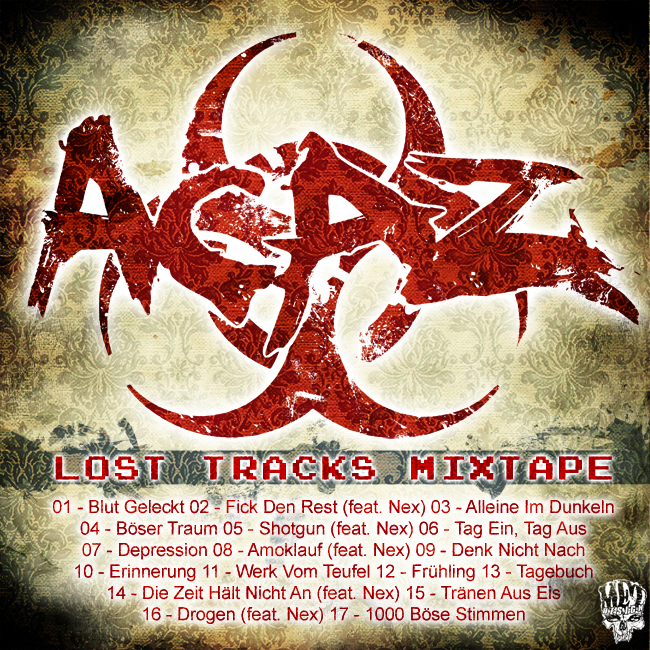In the vast digital landscape, the term "lostcrawler" has emerged as a point of intrigue and curiosity. It captures the imagination of tech enthusiasts and internet explorers alike, representing a phenomenon that transcends mere data loss. As we delve into the essence of lostcrawler, we uncover the implications it holds for digital navigation and the challenges faced by those who venture into the uncharted realms of the internet. This article aims to shed light on the intricacies of lostcrawler, exploring its significance in the world of web crawling and data retrieval. As we journey through this digital enigma, we will answer key questions, examine its implications, and provide insights into how it shapes our online experiences.
Understanding lostcrawler not only involves grasping its technical aspects but also recognizing its impact on content accessibility and internet usability. As web developers and online content creators, recognizing the factors leading to lostcrawler incidents can help us enhance user experience and improve digital navigation. Through this exploration, we will delve into the challenges that lostcrawler presents and propose potential solutions for overcoming these digital hurdles.
As we navigate through this article, we encourage readers to reflect on their own experiences with lostcrawler and consider how it may have influenced their online journeys. Whether you're a curious web user or a seasoned digital professional, the insights gained from this exploration will deepen your understanding of the complexities of lostcrawler and the implications it holds for the future of internet navigation.
Read also:Danny Dorosh Age A Comprehensive Look At The Life And Career Of A Talented Actor
What is Lostcrawler?
Lostcrawler refers to a situation where web crawlers, which are automated programs designed to index and retrieve data from websites, encounter difficulties in accessing specific content. This phenomenon can arise due to various factors, such as changes in website structure, URL alterations, or even temporary server issues. As a result, some content may become "lost" to these crawlers, preventing it from being indexed and accessible to users.
What Causes Lostcrawler Incidents?
Several factors can contribute to lostcrawler incidents, including:
- Website Redesigns: Significant changes in website structure can confuse crawlers.
- Broken Links: URLs that lead to non-existent pages can create dead ends for crawlers.
- Robots.txt File Misconfigurations: Incorrect directives in this file can prevent crawlers from accessing certain pages.
- Server Downtime: Temporary issues with the server can hinder crawlers’ ability to retrieve data.
How Does Lostcrawler Impact SEO?
Lostcrawler incidents can have profound effects on Search Engine Optimization (SEO). When crawlers fail to index content, it may not appear in search engine results, leading to decreased visibility and traffic. To mitigate the impact of lostcrawler, website owners must regularly monitor their sites for broken links, ensure proper configuration of their robots.txt files, and maintain server uptime.
Can Lostcrawler Be Prevented?
While it may be impossible to completely eliminate the risk of lostcrawler incidents, there are several best practices that can help minimize their occurrence:
- Regular Site Audits: Conduct periodic checks to identify broken links and accessibility issues.
- Maintain URL Structures: Ensure URL consistency during redesigns to avoid confusion.
- Monitor Server Health: Utilize tools to track server performance and uptime.
- Implement Redirects: Use 301 redirects for moved content to guide crawlers correctly.
What Are the Consequences of Lostcrawler for Content Creators?
For content creators, lostcrawler incidents can result in decreased audience engagement and reduced reach. When content remains unindexed, potential readers may miss out on valuable information. Additionally, this can lead to frustration for creators who invest time and effort into producing quality content that goes unseen.
Who is Most Affected by Lostcrawler?
Various stakeholders may be affected by lostcrawler incidents, including:
Read also:Anthony Kiedis Exploring His Wifes Age And Relationship
- Website Owners: They may experience decreased traffic and engagement.
- Digital Marketers: SEO efforts can be undermined if content is not indexed.
- Researchers: Access to critical information may be hindered.
How Can Users Identify Lostcrawler Issues?
Users can identify potential lostcrawler issues through:
- Checking Site Analytics: Look for significant drops in traffic or engagement.
- Using SEO Tools: Employ tools like Google Search Console to monitor indexing status.
- Reviewing Site Structure: Ensure that URLs are correctly configured and accessible.
Conclusion: Navigating the Challenges of Lostcrawler
In conclusion, lostcrawler presents a unique challenge in the digital realm, affecting both the accessibility of content and the overall user experience. By understanding the causes and consequences of lostcrawler incidents, website owners and content creators can take proactive measures to minimize their impact. As we continue to explore the vast expanse of the internet, awareness and vigilance regarding lostcrawler will play a crucial role in ensuring that valuable information remains accessible to all.


